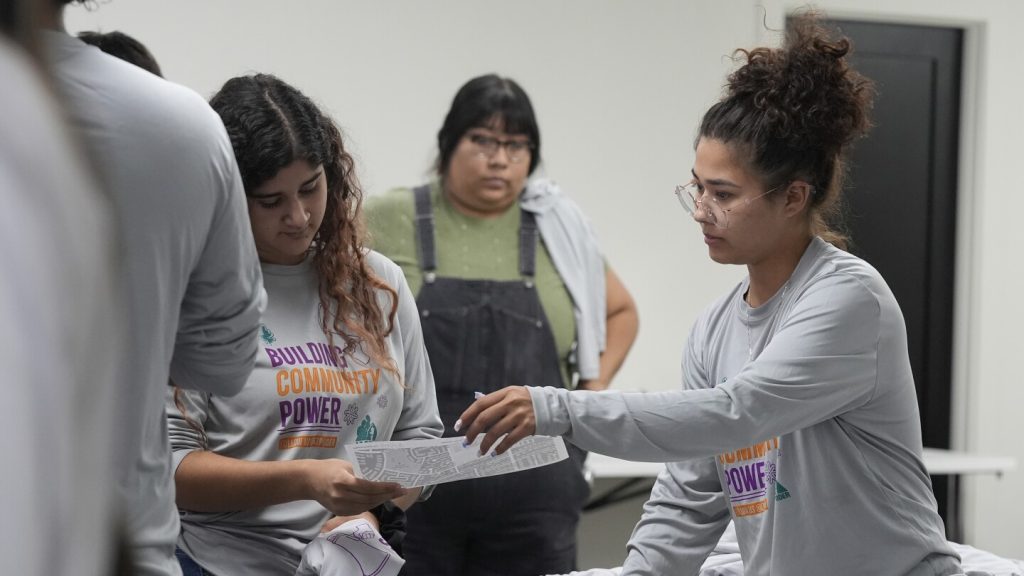Latinos in Arizona and Florida are emerging as a key demographic in the debate over abortion access. While many assume that Latinos are all Catholic and therefore opposed to abortion, recent polls show that about two-thirds of Hispanic Americans believe abortion should be legal in all or most cases. Efforts to reach Latino voters include door-knocking, Spanish-language ads, and one-on-one conversations to dispel misconceptions and engage voters in discussions about reproductive rights.
In states like Arizona and Florida, where large Latino populations could influence the outcome of abortion measures, grassroots groups are actively engaging with Hispanic voters. In Arizona, organizations like Poder in Action and Living United for Change in Arizona (LUCHA) are reaching out to low-income Latino, Black, and Indigenous communities to advocate for abortion rights. In Florida, groups like Mi Vecino are focusing on culturally competent outreach efforts to educate Hispanic voters on reproductive freedom and mobilize support for abortion rights.
The upcoming November election will see Arizona and Florida facing abortion measures that could legalize abortion until fetal viability. In Florida, abortion is currently illegal after the first six weeks of pregnancy, making it crucial for Latino voters to weigh in on this issue. Both pro-abortion and anti-abortion campaigns are actively engaging with Hispanic voters through bilingual outreach efforts, phone banking, canvassing, and tailored messaging to address individual concerns and misconceptions.
Recent polls show that abortion is one of the most important issues for Hispanic voters, after the economy, crime, and health care. While some Latino voters may have personal or cultural reservations about abortion, many are supportive of reproductive rights and believe in a person’s right to make decisions about their own body. Grassroots organizers are working to provide accurate information, dispel myths, and engage in nuanced conversations to address the diverse views and beliefs within the Latino community.
As Latino voters in Arizona and Florida navigate their views on abortion, they are influenced by factors such as religion, culture, and personal experiences. While some may personally oppose abortion, they may still support access to reproductive health care for others. Grassroots efforts are focused on connecting with Latino voters, breaking down stereotypes, and providing accurate information to ensure that voters are empowered to make informed decisions on this important issue.
The upcoming election in Arizona and Florida will be a crucial moment for Latino voters to make their voices heard on abortion rights. Grassroots organizations are working tirelessly to engage with Hispanic communities, educate voters on reproductive freedom, and mobilize support for measures that guarantee access to abortion. By amplifying Latino voices and addressing the unique concerns of this demographic, advocates hope to secure protections for reproductive rights and ensure that all individuals have the freedom to make decisions about their own bodies.


